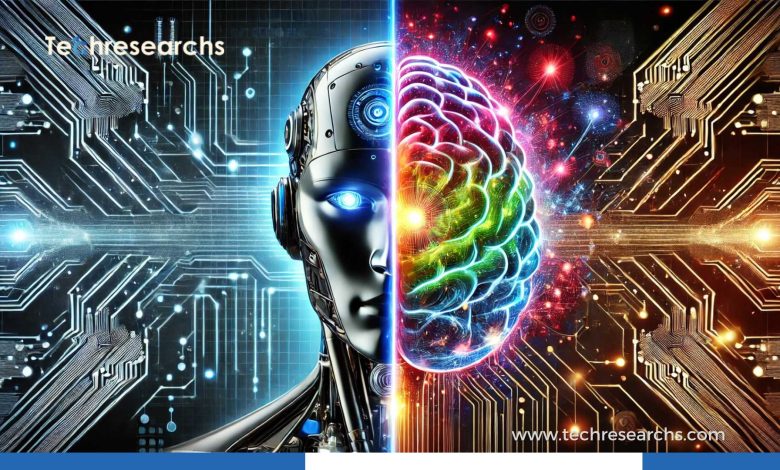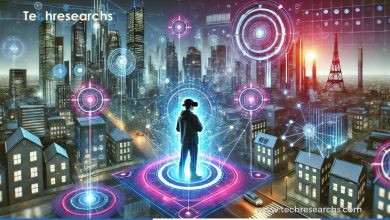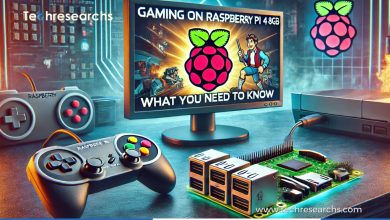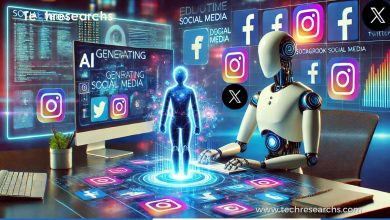AI vs Human Intelligence: Breaking Down the Myths and Realities

Artificial Intelligence (AI) has revolutionized multiple industries, raising the question: Will AI surpass human intelligence? Many myths surround this debate, leading to confusion about the real capabilities of AI vs Human Intelligence. In this article, we will analyze the strengths, weaknesses, and future of both, addressing common misconceptions.
Understanding AI vs Human Intelligence
What is Artificial Intelligence?
Artificial Intelligence refers to computer systems that simulate human cognitive functions such as problem-solving, learning, and decision-making. AI relies on algorithms, machine learning, and deep learning to process vast amounts of data and make informed decisions.
What is Human Intelligence?
Human intelligence is the ability to think critically, learn from experiences, and adapt to new situations. It involves emotional intelligence, creativity, and complex problem-solving, which AI struggles to replicate.
Key Differences Between AI vs Human Intelligence
| Aspect | Artificial Intelligence | Human Intelligence |
|---|---|---|
| Learning | Learns from data and algorithms | Learns from experience and reasoning |
| Creativity | Generates content but lacks originality | Highly creative and innovative |
| Decision-Making | Based on patterns and logic | Uses emotions, ethics, and logic |
| Adaptability | Limited adaptability outside programmed tasks | Easily adapts to new situations |
| Emotional Intelligence | Lacks emotions and empathy | Understands and expresses emotions |
Debunking Myths About AI vs Human Intelligence
Myth 1: AI Will Replace Human Intelligence
Reality: AI enhances human capabilities rather than replacing them. While AI excels at automation, humans contribute creativity and critical thinking, making AI a tool rather than a replacement.
Myth 2: AI Thinks Like Humans
Reality: AI does not possess consciousness or emotions. It follows programmed rules and algorithms without personal judgment or moral reasoning.
Myth 3: AI Can Make Independent Decisions
Reality: AI makes decisions based on pre-programmed data. Unlike humans, it lacks intuition, empathy, and real-world experience.
Myth 4: AI Will Take Over All Jobs
Reality: AI is automating repetitive tasks, but new job roles in AI development, maintenance, and ethics are emerging.
The Future of AI vs Human Intelligence
Collaboration Between AI and Humans
AI is becoming a powerful assistant in healthcare, finance, and education. Instead of competition, a collaborative approach can maximize productivity.
Ethical and Social Challenges
The rise of AI brings ethical concerns, including bias in AI algorithms and data privacy issues. Proper regulations are needed to ensure responsible AI development.
The Road Ahead
While AI continues to evolve, human intelligence remains unmatched in creativity, emotions, and moral reasoning. The future lies in leveraging AI’s efficiency while maintaining human oversight.
FAQs
Q1: Can AI ever surpass human intelligence?
AI can outperform humans in data processing and automation but lacks creativity and emotional intelligence, making it unlikely to surpass humans completely.
Q2: How does AI impact job security?
AI is automating repetitive tasks, but it is also creating new job opportunities in AI development, cybersecurity, and data analysis.
Q3: What industries benefit the most from AI?
Healthcare, finance, manufacturing, and education are among the industries benefiting from AI advancements.
Q4: Will AI ever develop emotions like humans?
No, AI does not possess consciousness or emotions. It can mimic emotions through programming but does not experience them.
Q5: How can humans and AI work together?
Humans provide creativity and ethical reasoning, while AI enhances efficiency. The best approach is collaboration, not competition.
The debate on AI vs Human Intelligence will continue as technology advances. However, AI is a tool designed to complement, not replace, human intelligence. By leveraging AI’s capabilities while maintaining ethical oversight, we can create a future where both coexist harmoniously.



